Staircase materials and their benefits
When specifying bespoke staircase materials, how the end product will look is completely your choice. Having this freedom when working with M-Tech Engineering means that you can have exactly what you want to add the finishing touch to your project.
Whether it is timber, steel, or glass, the possibilities, and different ways you can combine the materials are endless. Our full-service approach means that you will be supported every step of the way, from the design stage through to installation of your bespoke product.
Timber
With the large selection of different timbers available, you will not have any issues finding the right match for your project. Timber is sorted in to two different categories, hardwood and softwood, but these names do not determine their strength as it may appear – the names are distinguished by their reproduction processes.
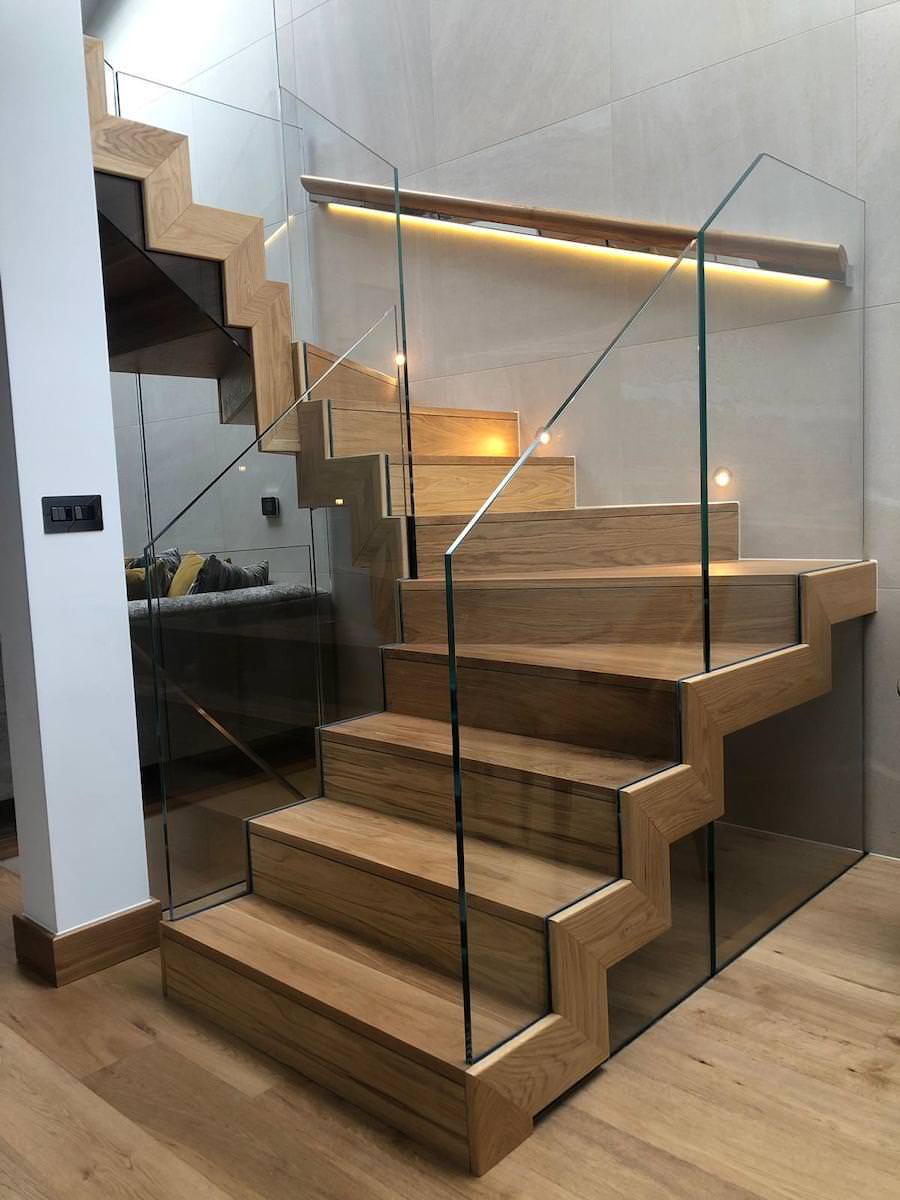
Hardwood
Overall, hardwood is considered the superior material, offering a higher level of durability and strength compared to softwood. They are typically darker in appearance, heavier and more expensive. Popular examples of hardwoods include oak and walnut.
Softwood
However, softwood is also a great option. It is still strong and versatile and can sometimes be a cheaper option. They are generally light in colour and weigh less than a hardwood. Some well known softwoods would be pine or spruce.
Cladding
It is possible to apply timber cladding to a steel staircase, which could be a more cost-effective option compared to using solid timber and would give the effect of a timber staircase. Using a steel frame provides extra rigidity to the stair and prevents creaking sounds that you may get with a full timber stair.
Steel
M-Tech can provide mild and stainless steel as an option for your project, both of which are a great choice of material thanks to its versatility. For example, steel can be used externally in an industrial setting, but also internally with timber and glass to create the perfect look. When it comes to finish, a great option is powder coating. It allows you to have a hard wearing finish in any colour you want, which is ideal in situations where you need to match brand colours, existing furniture and so on.
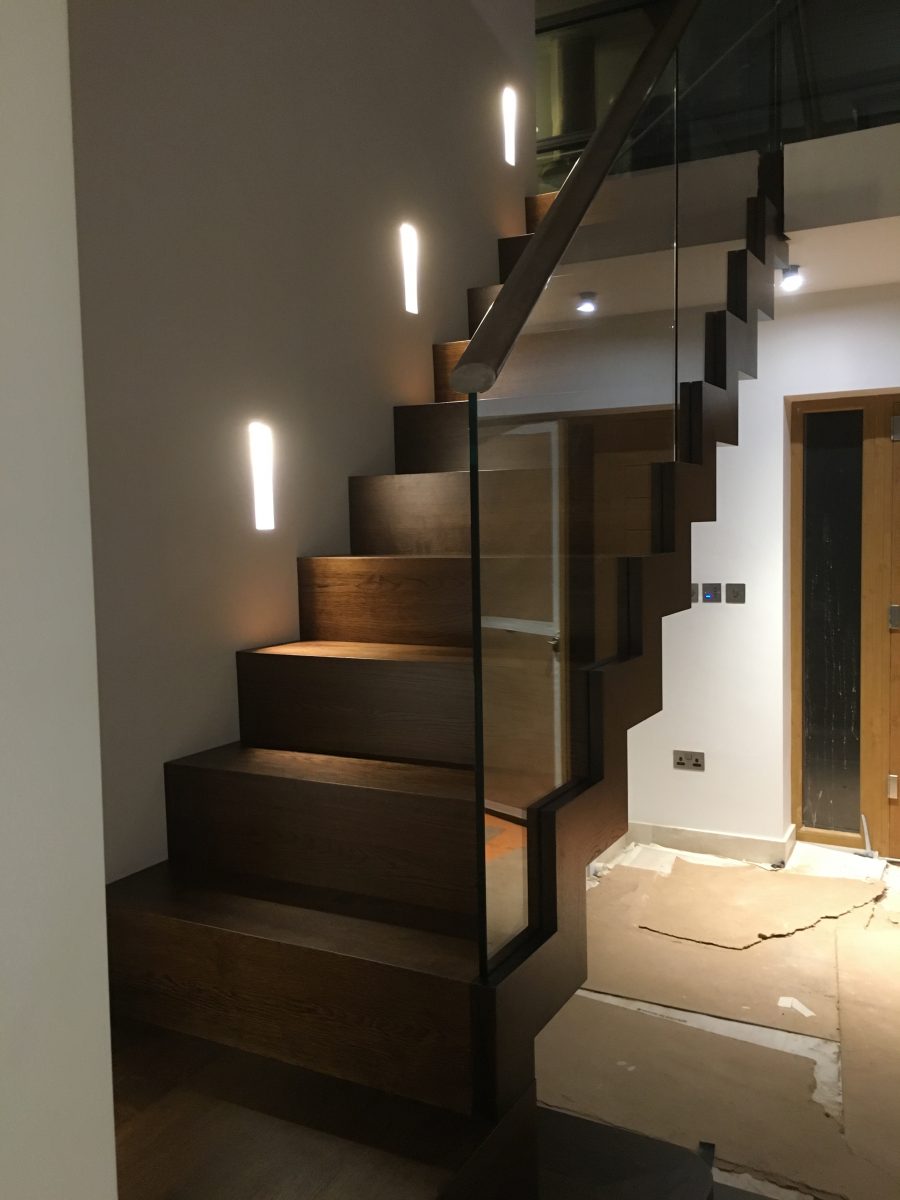
Mild steel
Mild steel is a cheaper material than stainless steel and does not have the shiny polished finish that stainless does. Due to this, it is commonly used for the structural side of things such as stair frames or mezzanines, and usually gets covered up. Mild steel is not resistant to corrosion on its own, so if it is outdoors and exposed to the elements over a long period of time, you may start to see signs of corrosion. However, mild steel can be galvanised, and this gives a layer of sacrificial zinc protection to the metal that can easily last for years. If you are using mild steel for an internal project, this is not something you need to consider as the mild steel will be protected indoors.
Stainless steel
Stainless steel is often used for things such as stair balustrades. It has a shiny appearance that makes it look attractive, and also has a resistance to corrosion, making it perfect for external use as well as internal. However, it is typically a more expensive option over mild steel. Stainless steel is definitely the option to go for if you want a high-end prestigious look.
Glass
For a minimalist feel, glass is a great choice. It allows for natural light to come through, giving a very clean and contemporary look to your project. There is an array of different glass types to choose from, offering different levels of clarity or privacy where required. Whether you want to incorporate glass into a design with other materials or have a staircase made entirely of glass, the choice is yours.
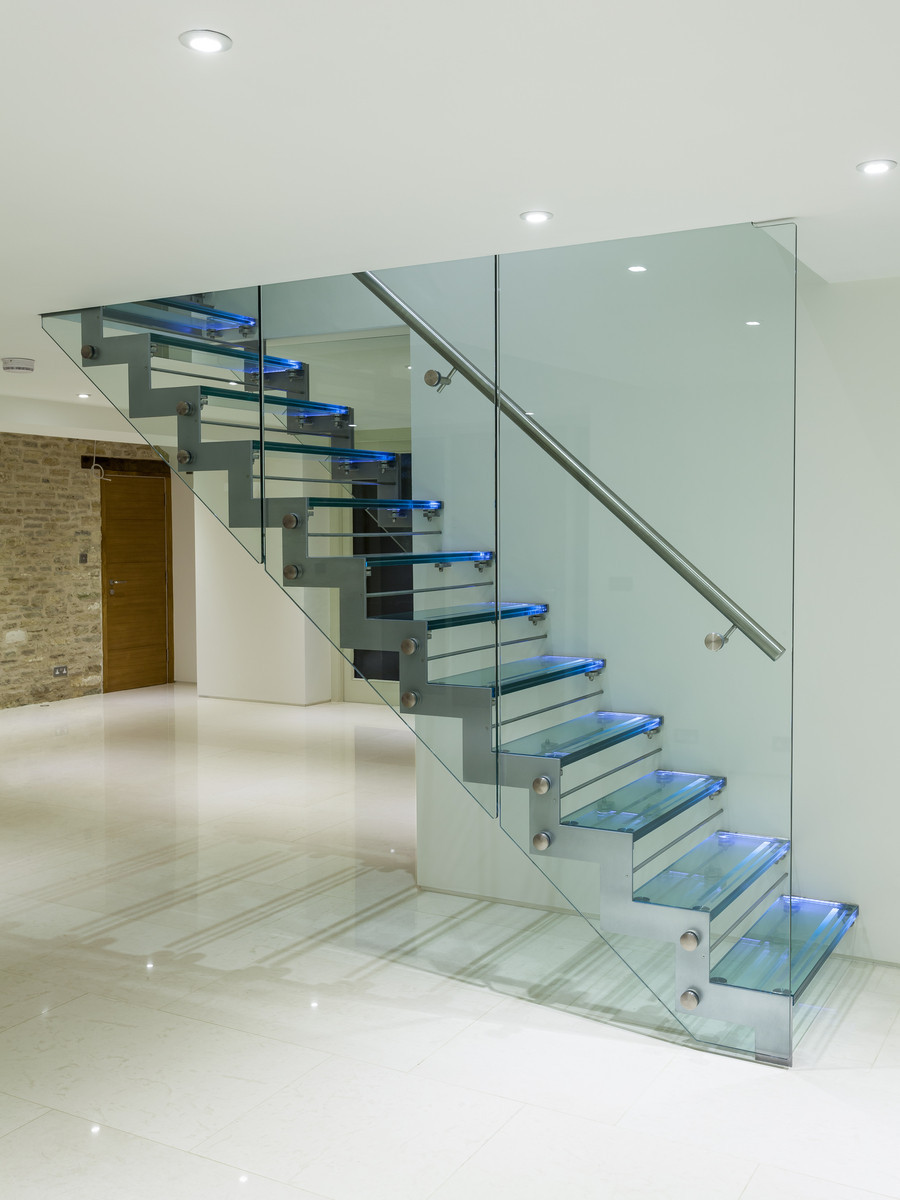
Staircase location
Your choice of materials will depend on different factors, such as if you are trying to match existing décor within your project or go for something entirely unique. Another thing to consider is where the staircase will be installed. For example, if you were installing a staircase outside, it would be better to go with steel or glass as it would offer more longevity and resistance against the weather compared to that of a timber equivalent.
Can M-Tech Engineering help on your next project?
With over 28 years of experience, M-Tech Engineering can offer advice and guidance in the design stage to make sure the end result is a fully compliant product that exceeds all of your expectations.
If you have an upcoming requirement for staircases, balustrades and other forms of bespoke metalwork, get in touch. Our sales team is on hand to discuss and provide a quote for your next project. Contact us on 0115 979 4448, via email at sales@mtechengineering.co.uk or through our web enquiry form.
